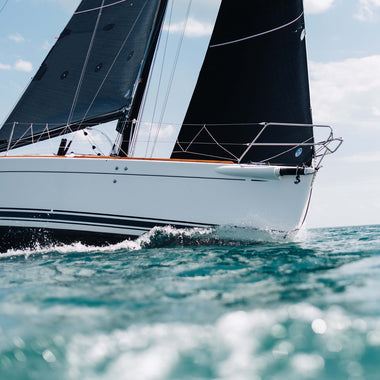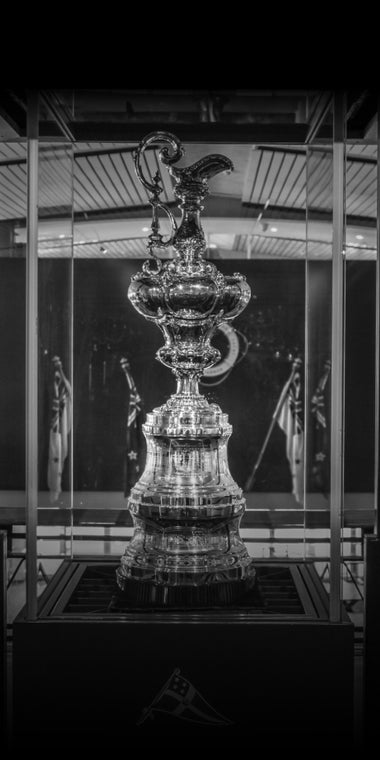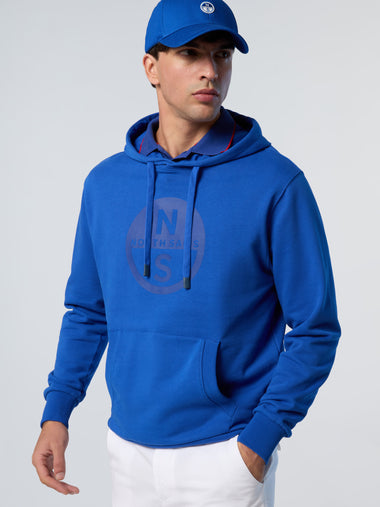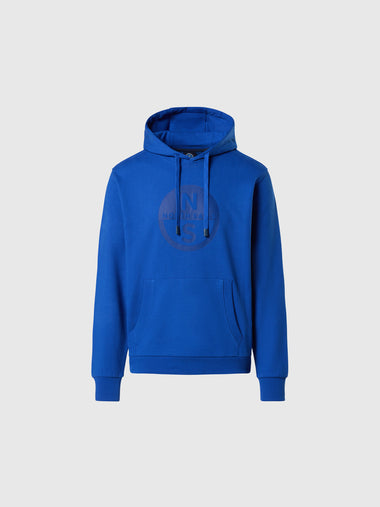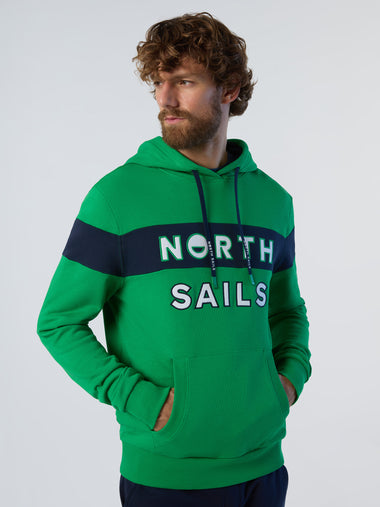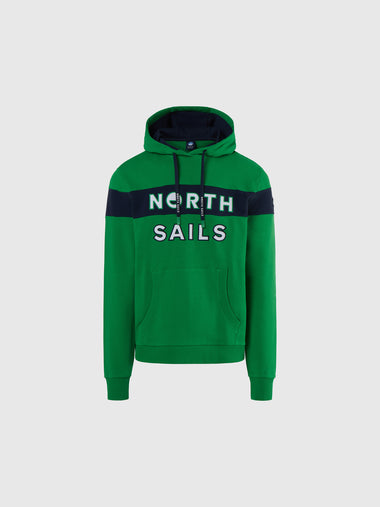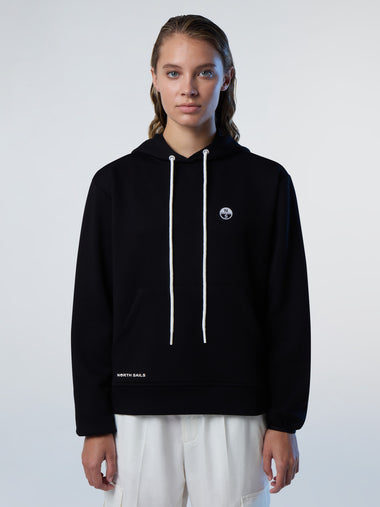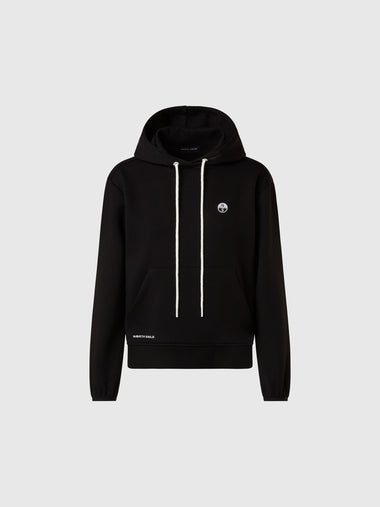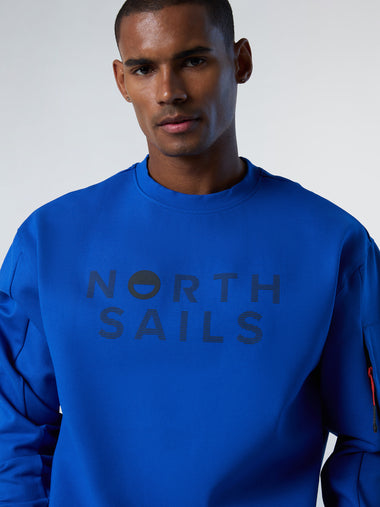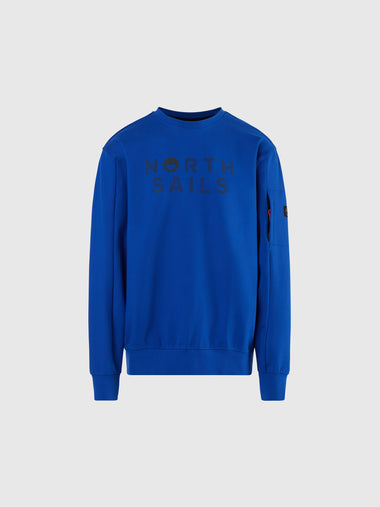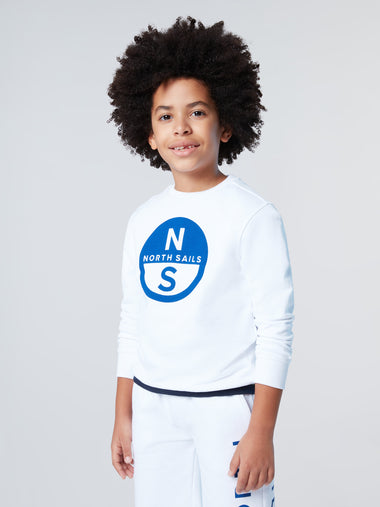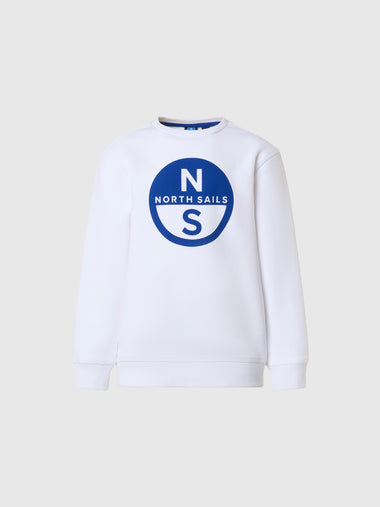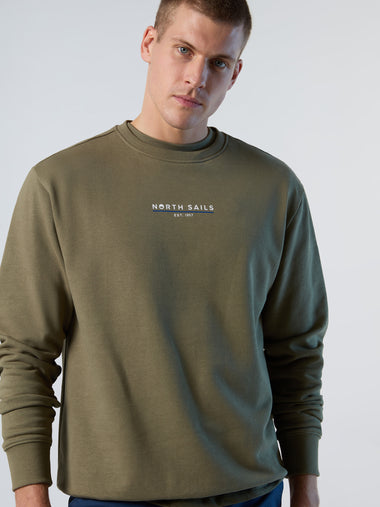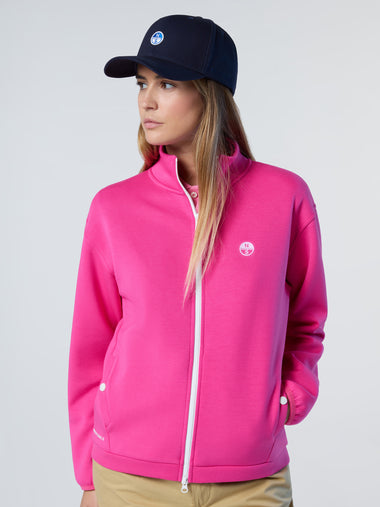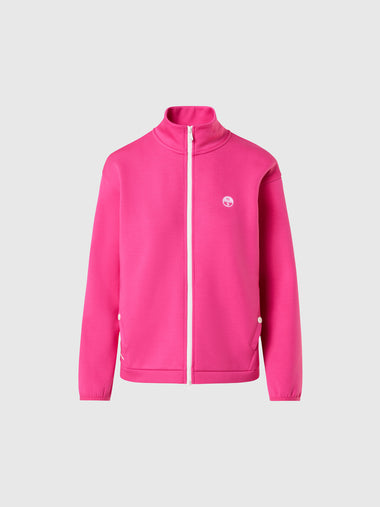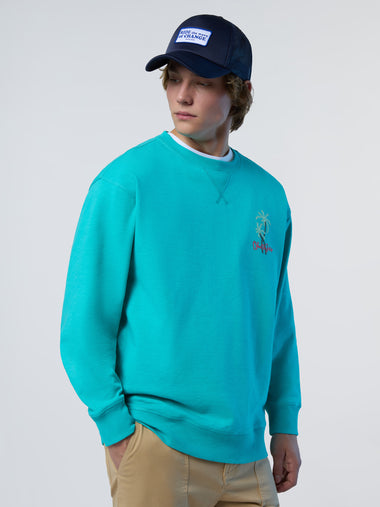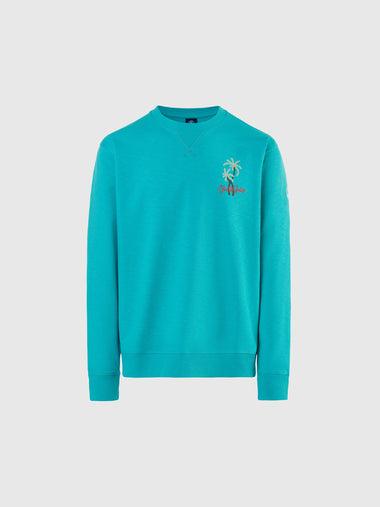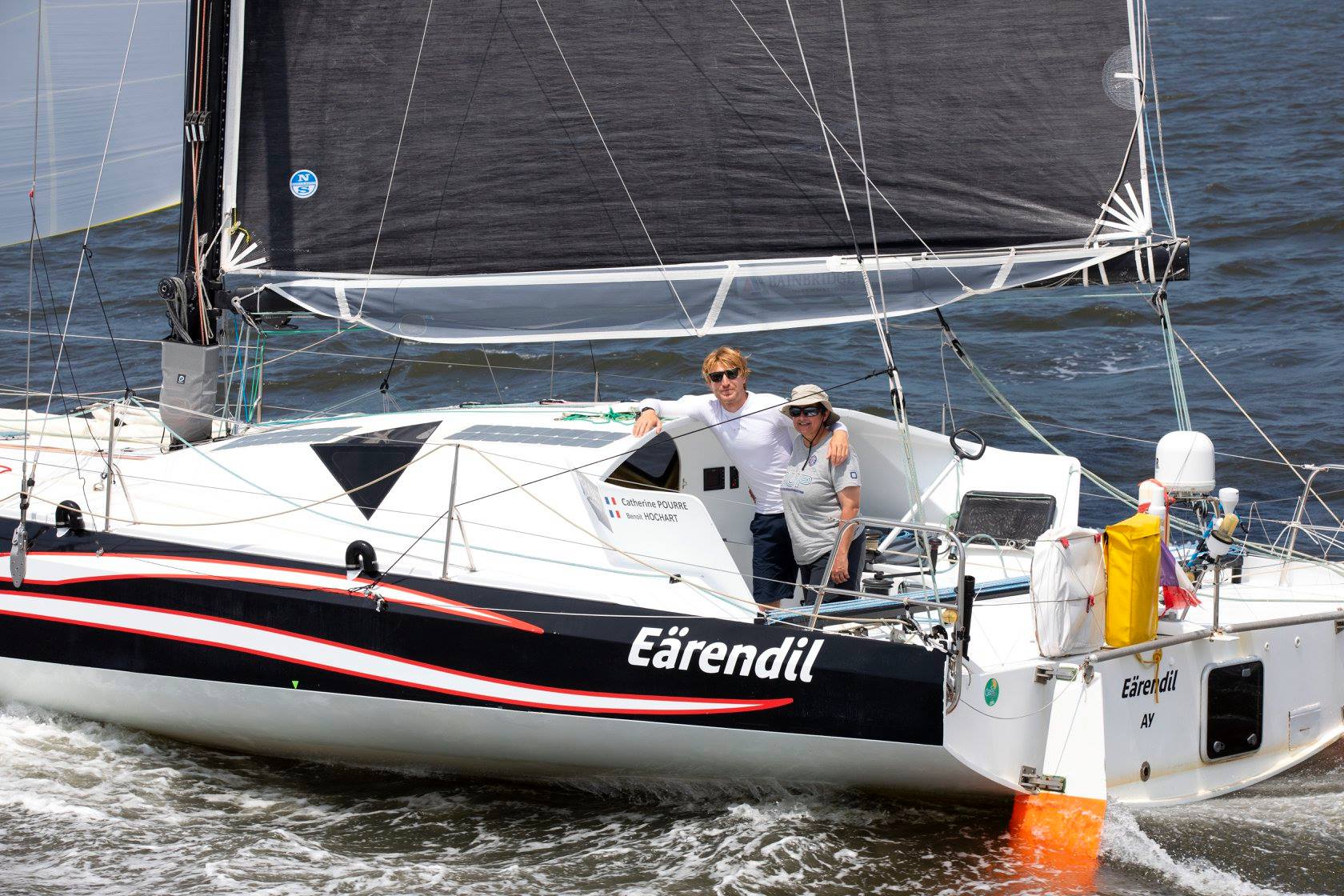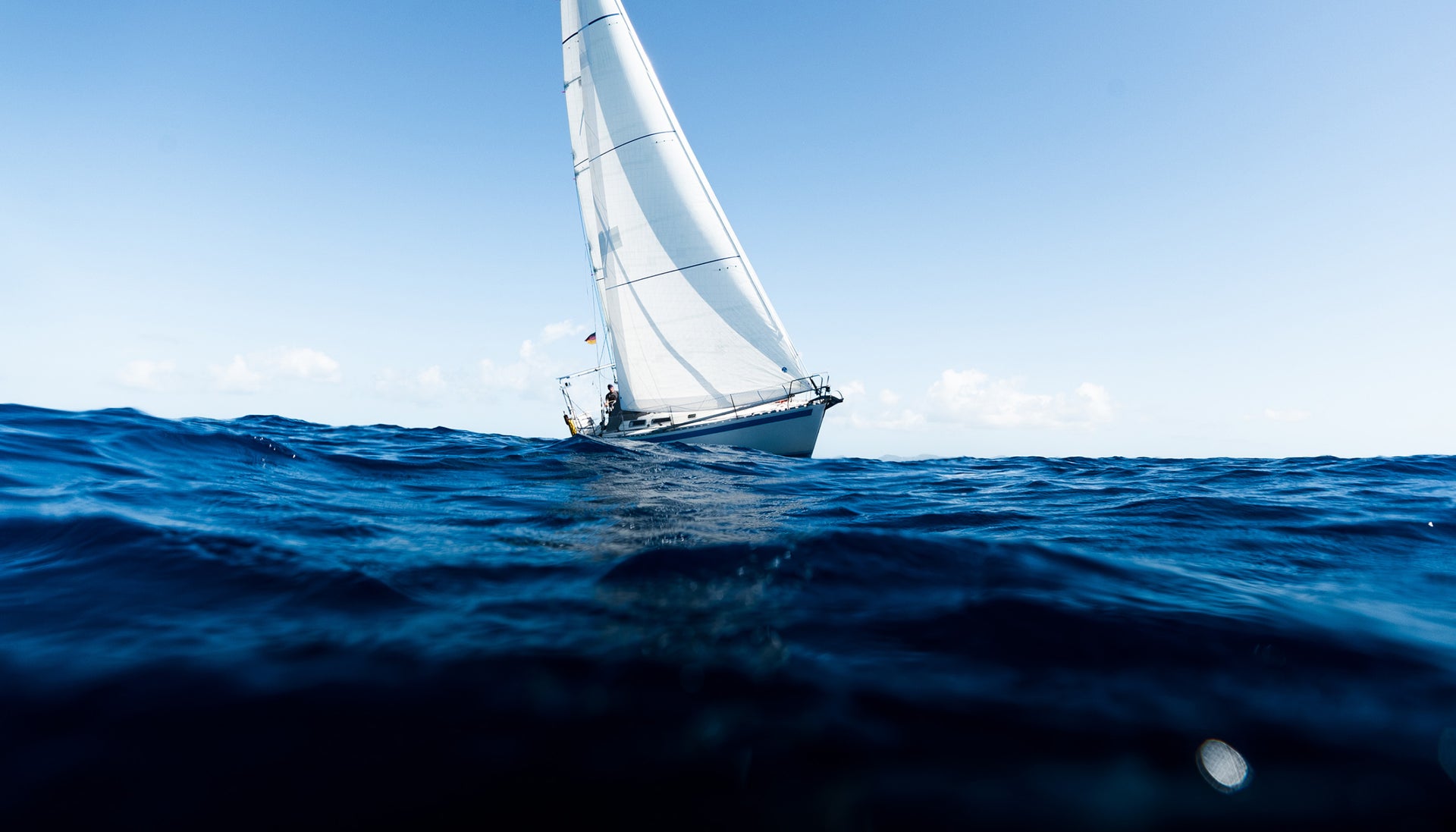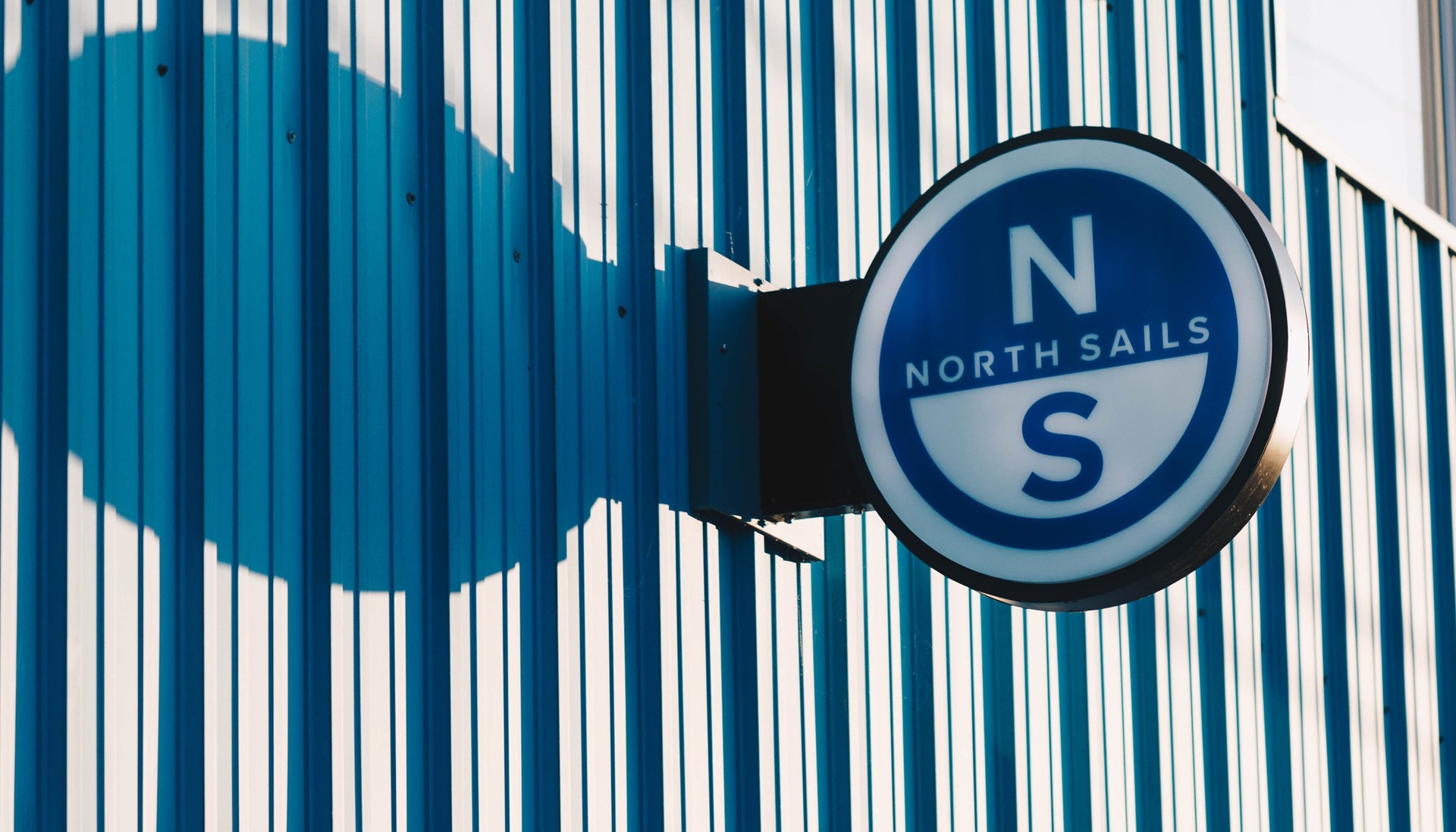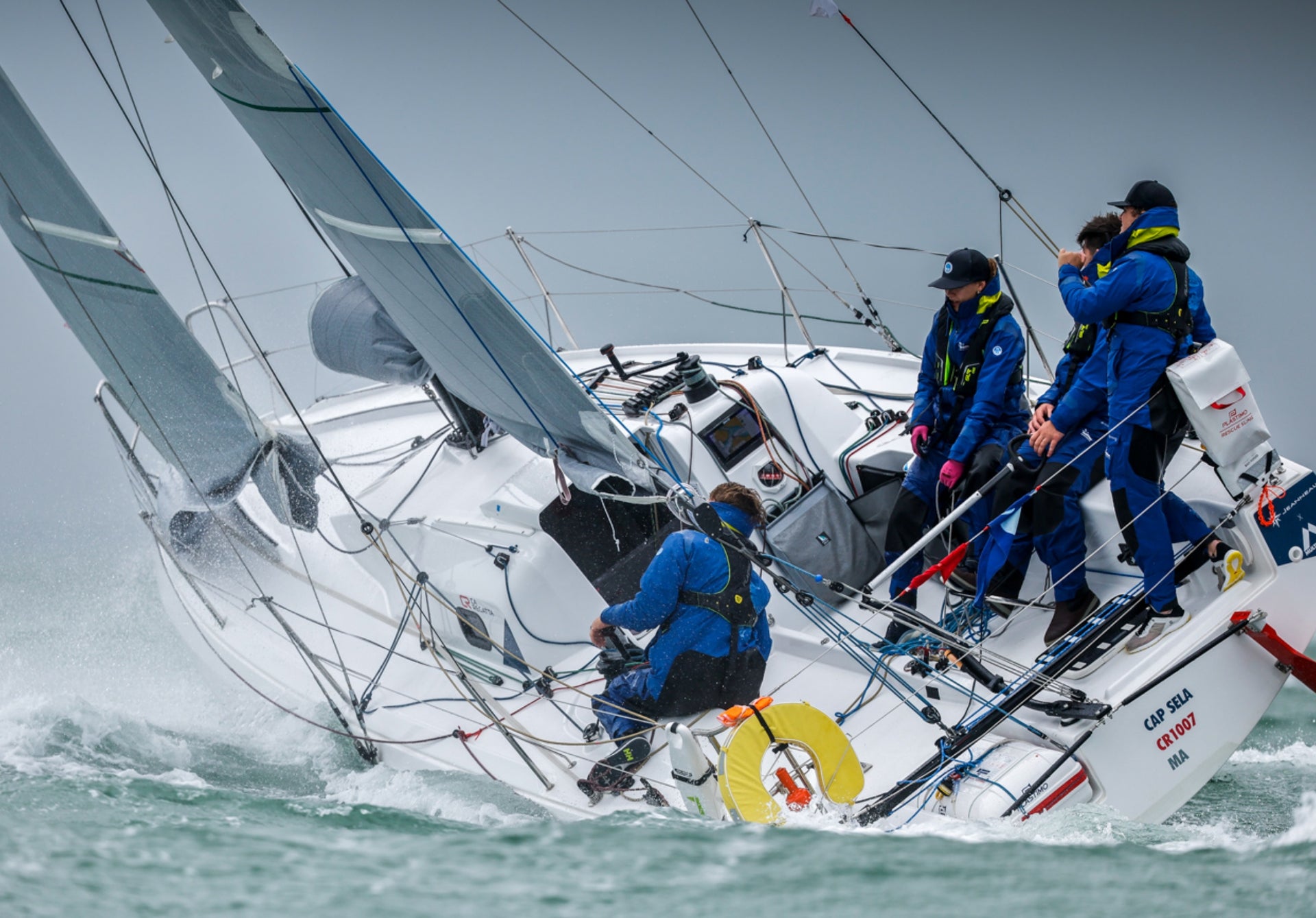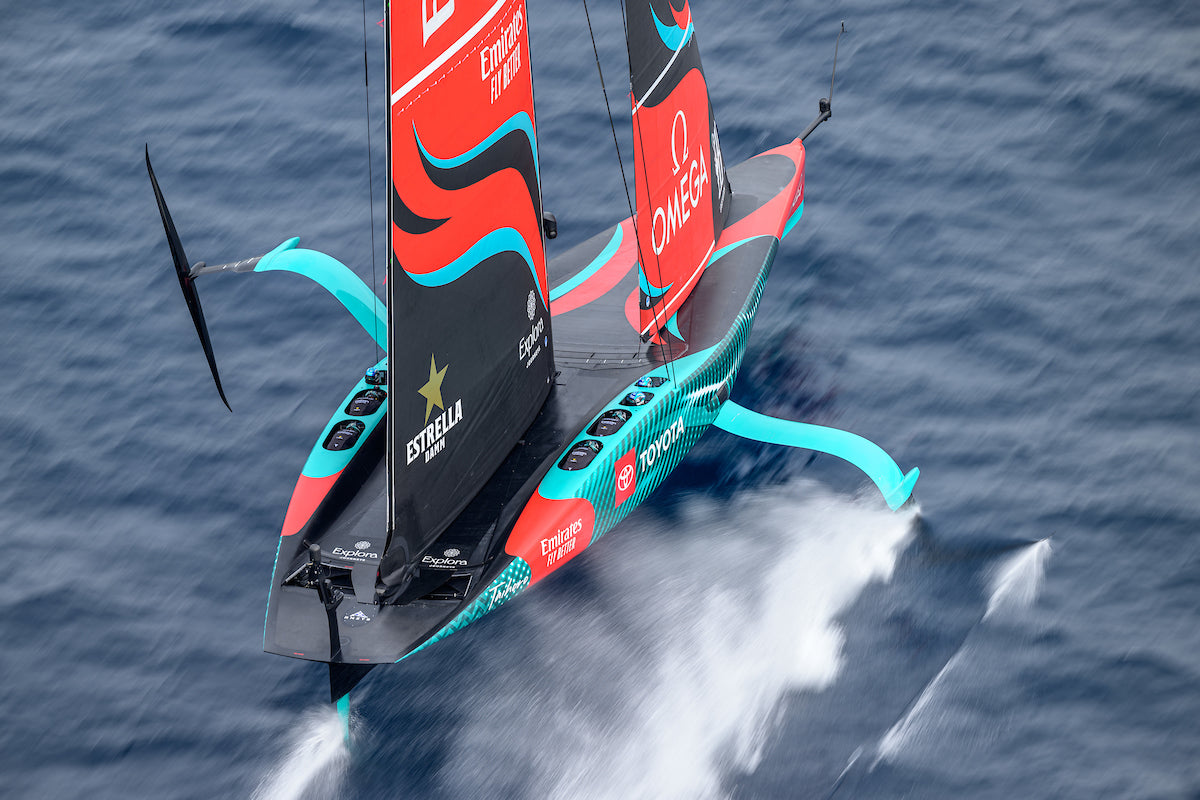IT TAKES TWO...
IT TAKES TWO…
… To Race the Rocket That is Eärendil, Win Multiple Titles and Dominate the Class40 Fleet
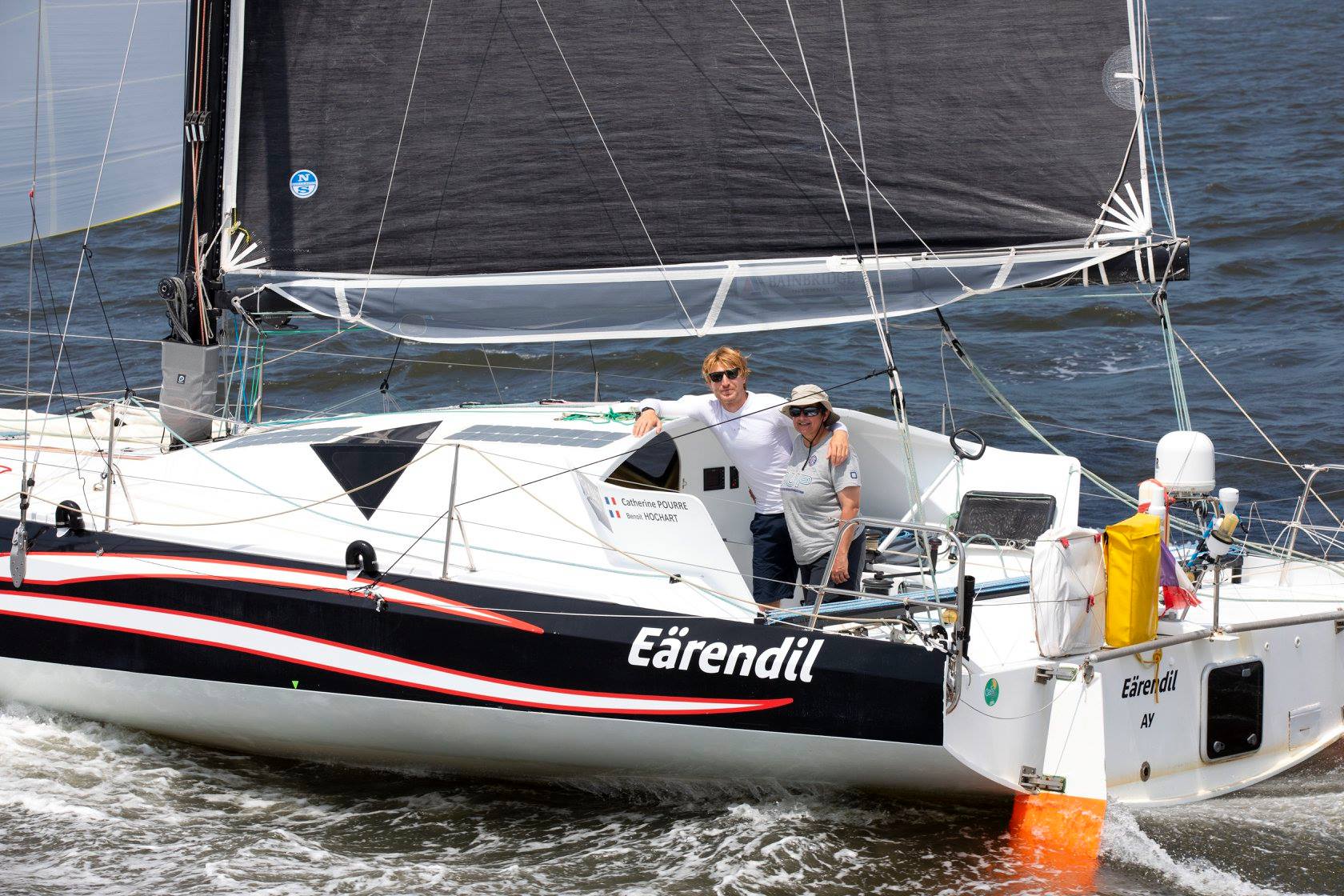
Owner and co-skipper, Catherine Pourre and co-skipper Pietro Luciani are the winning duo onboard Class40 Eärendil. Together, the pair are the reigning Class40 World Champions, have twice won the RORC Caribbean 600, The Atlantic Cup, placed runner up in the Defi Atlantique, and earned top-three placement in the Rolex Fastnet Race and The Normandy Channel Race. With countless offshore miles between them, their North Sails have allowed the team to push the boat to its full potential, unlocking the secret to total domination in the Class40 fleet.
Catherine and Pietro share their best tips for successfully managing a doublehanded racing program:
- Your sails must be reliable. This is always true, but it’s even more true when it comes to doublehanded sailing. Having to fix your sail, or deal with problems while at sea, will affect your race a lot more than if you were racing fully crewed. Choosing a sailmaker who has great experience in the type of boat you are sailing with is important.
- Your sails must be strong and versatile. Having sails that are a little stronger and more ‘forgiving’ than regular sails for fully crewed races is key. We sail with a full set of 3Di, built for a broader range of conditions. Often with the Class40, and sailing doublehanded in general, you find yourself sailing slightly overpowered, and always anticipating a change in wind force. Maneuvers for a great doublehanded team can take 10 minutes and use up a lot of valuable energy. Knowing that you can keep the same sail up for a longer period of time without exploding it, even if it’s not ideal, is peace of mind in this mentally and physically challenging doublehanded platform.
- Your sail inventory should fit into a wider crossover range. This is for two reasons; you need to still be able to sail fast, even if you break one sail (which happens more often in doublehanded racing), and to reduce maneuvers. Our sails are much more versatile rather than specialized, with a narrow range-use.
- When training, try to switch positions. Even if it’s pretty clear that the younger/stronger is going to the bow, having tried the other way around will help both to understand your sailing partner’s needs during a maneuver.
- Don’t be shy in waking up your co-skipper when in doubt. If you have a doubt about navigation, or about performance, you need to speak up. I’d personally prefer to go take a nap if I know my partner will wake me up as soon as he/she may need me. Especially in difficult conditions, when you might feel a little guilty leaving the other alone.
- Keep your boots on! Go to sleep but always be ready to report back on deck. When your partner wakes you up, you need to be on deck right away, with no delays.
- Whatever watch system you adopt, be fair to one another. Being selfish or being over-generous will not work with just the two of you. Together you need to adopt a system that makes you both comfortable, so if you need to wake up your partner before the end of your watch, you can do so without any second thought.

